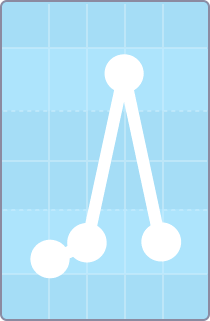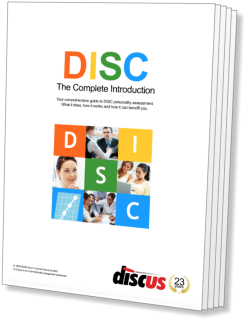High Steadiness Only

This type of profile, showing a high level of Steadiness with no other balancing factors, is comparatively rare, especially in Western societies. Steadiness is the factor of patience, calmness and gentle openness, and a pure High-S will reflect these qualities. They are generally amiable and warm-hearted, being sympathetic to others' points of view, and valuing positive interaction with others. They are not outgoing by nature, however, and rely on other, more assertive, people to take the lead.
Relating to Others
As in their general lifestyle, this type will look to more socially assertive people to initiate relationships of any kind - their solid, dependable outlook makes them far more suited to the maintenance of interpersonal relations than making initial contact. For this reason, their circle of friends and close acquaintances is often small but tightly-knit.
Common Abilities
This person's particular strengths can be summarised as supportive. They are dependable and loyal, this combines with an emotional literacy to make them particularly effective listeners and counsellors. They are also unusually persistent in approach, having the patience and restraint to work steadily at a task until it is achieved. This makes them unusually capable of dealing with laborious tasks that many other styles would simply not have the patience to complete.
Motivating Factors
The underlying patience of this type of person is the root of their motivating factors. They need to feel that they have the support of those around them and, more importantly, time to adapt to new situations. They have an inherent dislike of change, and will prefer to maintain the status quo whenever possible; sudden alterations in their circumstances can be very difficult for them to deal with.
Once embarked on a task, they will wish to concentrate closely on it and see it through. Interruptions and distractions of any kind can be particularly demotivating in these situations.
Sub-traits
The Sub-traits of a highly Steady type are Patience, Thoughtfulness and Persistence.
Style Card
High-S's are Receptive and Open. They relate directly to the Style Card segment of the Planner.

